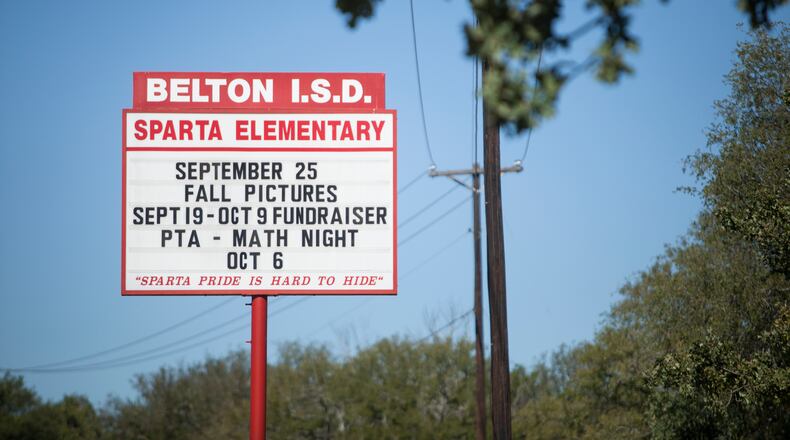In this essay, former AJC reporter George Chidi discusses the DeKalb County School District policy on new students arriving from African nations in light of the Ebola panic.
Chidi is a Pine Lake councilman, CEO of the competitive intelligence consultancy Neon Flag, and part of the Peach Pundit team blog.
By George Chidi
The DeKalb County school system has about 100,000 students. Of those, about a sixth, or 16,000 are “international” students – either foreign-born or the American children of immigrants. And of the international students, perhaps 3000 or so are from sub-Saharan Africa. Most of those are from Nigeria, Sudan, Ethiopia, Eritrea and Somalia, all places that are Ebola-free today.
District spokesman Quinn Hudson told me there are a grand total of six who moved here this year from Liberia, Sierra Leone or Guinea – the two who tried to enroll last week, and four others who enrolled in the summer. I suspect there are more, but probably not many more.
Six kids. Who have been here for months. This does not a crisis make. It's madness.
Last week, two Dunwoody students who recently returned from West Africa were blocked from enrolling in DeKalb. The district also released a new policy: new students from Ebola-affected West African countries won’t be enrolled or allowed to attend classes “without proper medical documentation and approval by the superintendent.”
DeKalb had no protocol for dealing with Ebola when Superintendent Michael Thurmond asked to double-check their paperwork before allowing them to enroll. It was inconvenient for them, but hey. I suppose dealing with mass hysteria is worth being inconvenienced, and there's no risk in asking to see a passport stamp. I can imagine some combination of an overabundance of caution, sheer wide-eyed curiosity and screaming Dunwoody parents compelling him to “do something” despite the paltry risks.
“The superintendent made this decision,” said Dr. Sandra E. Ford, DeKalb's district health director. “I was as surprised as everyone. But when he explained the specific case, I understood where it was coming from.”
Still, concessions to hysteria need limits.
Somewhere in the bowels of the DeKalb School System's central offices, meetings will be held in coming days to formulate a “response” to community concerns about Ebola. The school system told the public it is consulting with everyone from the DeKalb Board of Health, to the US Department of Education and the CDC. We have no idea how the school system is consulting, of course. Nor with whom.
Hudson said the meetings are ongoing, but that the Department of Health is running the show. “They're not my meetings,” he said. “There's a fairly large group of people going through all this.”
Except … we don't know exactly who, or where.
In making the ultimate decision about an Ebola protocol, the district should consult Liberians and Sierra Leonians and Guineans here in Atlanta. Now, Americans of west African descent – the one group of people most likely to fall ill, and the one group most likely to bear the brunt of whatever decision gets made – do not have a seat at the table.
It's much the same with Gov. Nathan Deal's newly announced Ebola response team, which contains the leading lights of the health establishment, disaster response experts … and not one person of west African descent.
There's no shortage of local talent, from Dr. Alawode Oladele, who serves with the DeKalb Board of Health in refugee evaluation, or Dr. Anson Kwame Wurapa of Decatur, who gave a talk at an Ebola summit in DeKalb about the Ebola virus in developed and developing countries, or Dr. James A. Sirleaf, an emergency physician in Albany ... and the son of the current president of Liberia.
October is decision time for west African families considering intercontinental travel. Airline ticket prices will rapidly rise from usurious to unobtainable over the next few weeks, but it isn't clear if the school system will give in to hysteria and enact some de facto travel ban.
Many people purchase seats in the summer for Christmas travel, but I can imagine people may have held off to see what the situation looks like. But abandoning $2,000 plane tickets is a tremendous sacrifice, given the negligible chance of actually contracting Ebola.
Uncertainty imposes real costs on these families. The least anyone might do is ask them what they think.
About the Author
Keep Reading
The Latest
Featured



